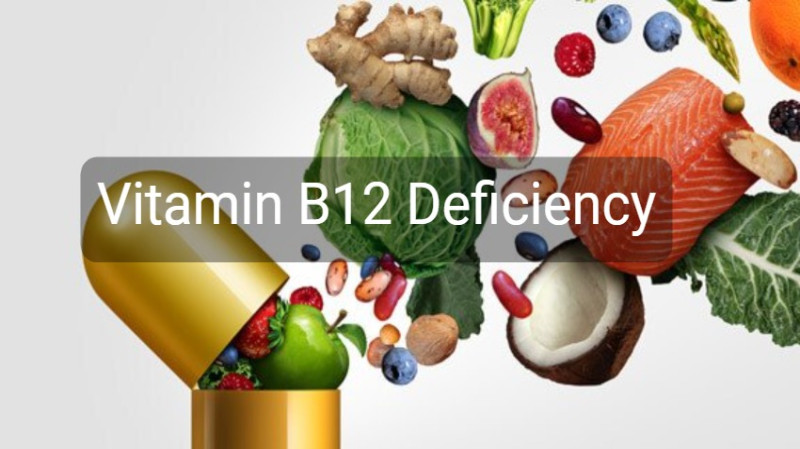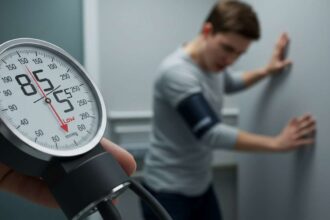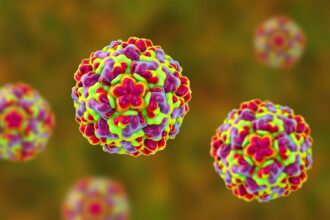~ “Vitamin B12” We all know about the six essential components of a balanced diet, and among them, vitamins and minerals are crucial. However, not all vitamins are the same. They are found not only in vegetables and fruits but also in animal-based sources. One such vitamin obtained from animal sources is Vitamin B12.

Vitamin B12 is extremely important for health. Also known as cobalamin, this water-soluble vitamin plays a key role in blood formation and nervous system function. The body cannot produce it on its own, so it must be obtained from dietary sources.
Read also
Is a Vitamin Deficiency Causing Your Depression?
Interestingly, plant-based foods do not naturally contain Vitamin B12. Research shows that 80–90% of vegetarians are deficient in this vitamin. A deficiency can cause various health problems.
A lack of Vitamin B12 in the body can lead to symptoms like fatigue, irritability, mental stress, and depression. Most notably, it can cause anemia, and the nervous system may not function properly. Many people don’t recognize the symptoms caused by a deficiency, which allows the problem to worsen over time.
Read also
8 Easy Ways to Beat the Afternoon Slump and Power Through Your Day!

Signs of Vitamin B12 Deficiency:
1. Confusion:
Vitamin B12 helps form red blood cells, which carry oxygen throughout the body. A lack of red blood cells can reduce oxygen supply to the brain, leading to confusion. Frequent dizziness and disorientation are common signs of B12 deficiency.
2. Depression:
Studies have found that a lack of Vitamin B12 can damage brain tissue by increasing homocysteine levels, which can lead to mood changes and depression. Fortunately, restoring Vitamin B12 levels can help alleviate these symptoms.
Read also
Right Side Headache? Here’s What Your Body Might Be Telling You
3. Lack of Focus:
If you suddenly find it hard to concentrate, you may be experiencing Vitamin B12 deficiency. Without enough B12, the brain doesn’t receive sufficient oxygen, leading to tissue damage and a lack of focus.

4. Memory Loss:
If you’re struggling to find the right words while speaking or forgetting things that happened just days ago, this could be an early sign of B12 deficiency or even dementia. If left untreated, it may become a long-term issue.
Why Does Vitamin B12 Deficiency Happen?
There are two main reasons:
- Anemia-related absorption issues:
In some cases, the immune system destroys healthy cells in the stomach that help absorb Vitamin B12, preventing the body from absorbing it properly, even if you’re eating the right foods. - Inadequate dietary intake:
If your diet lacks sufficient Vitamin B12, deficiency is more likely. This is common among people who don’t consume enough animal-based foods.
Read also
Bhujangasana Before Breakfast? Here’s Why It’s a Brilliant Idea
How Much Vitamin B12 Do You Need?
The required intake depends on age:
- Ages 4–8: 1.2 micrograms
- Ages 9–13: 1.8 micrograms
- Ages 14–18: 2.4 micrograms
- Adults: 2.4 micrograms
- Pregnant women: 2.6 micrograms
- Breastfeeding women: 2.8 micrograms
When Should You See a Doctor?
Seek medical advice if, along with the above symptoms, you also experience:
- Pale skin
- Feeling weak or tired
- Difficulty walking or moving
- Frequent shortness of breath
A doctor may recommend a blood test to check your Vitamin B12 levels. Based on the results, they may suggest dietary changes or prescribe Vitamin B12 supplements to restore your levels.





